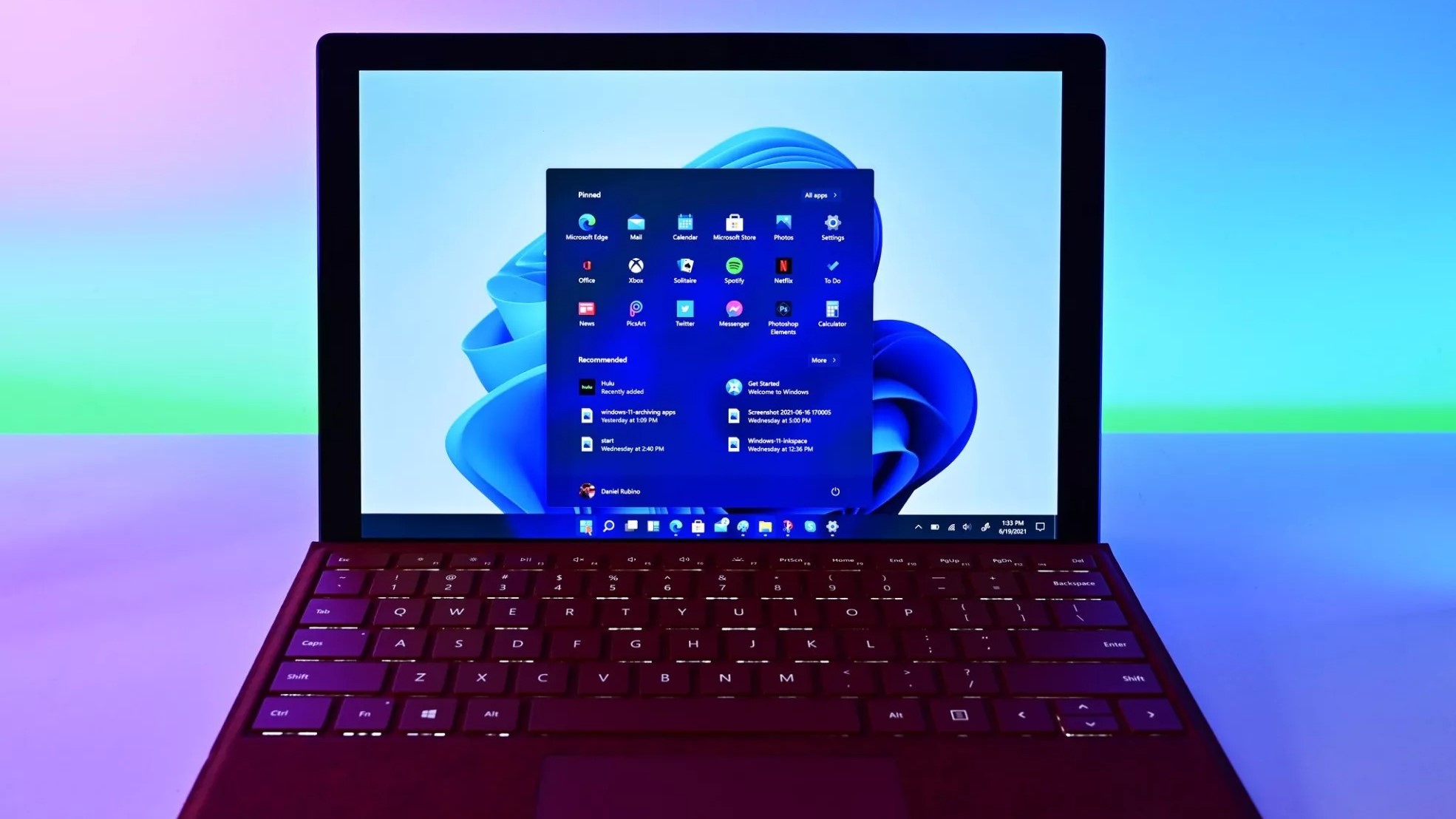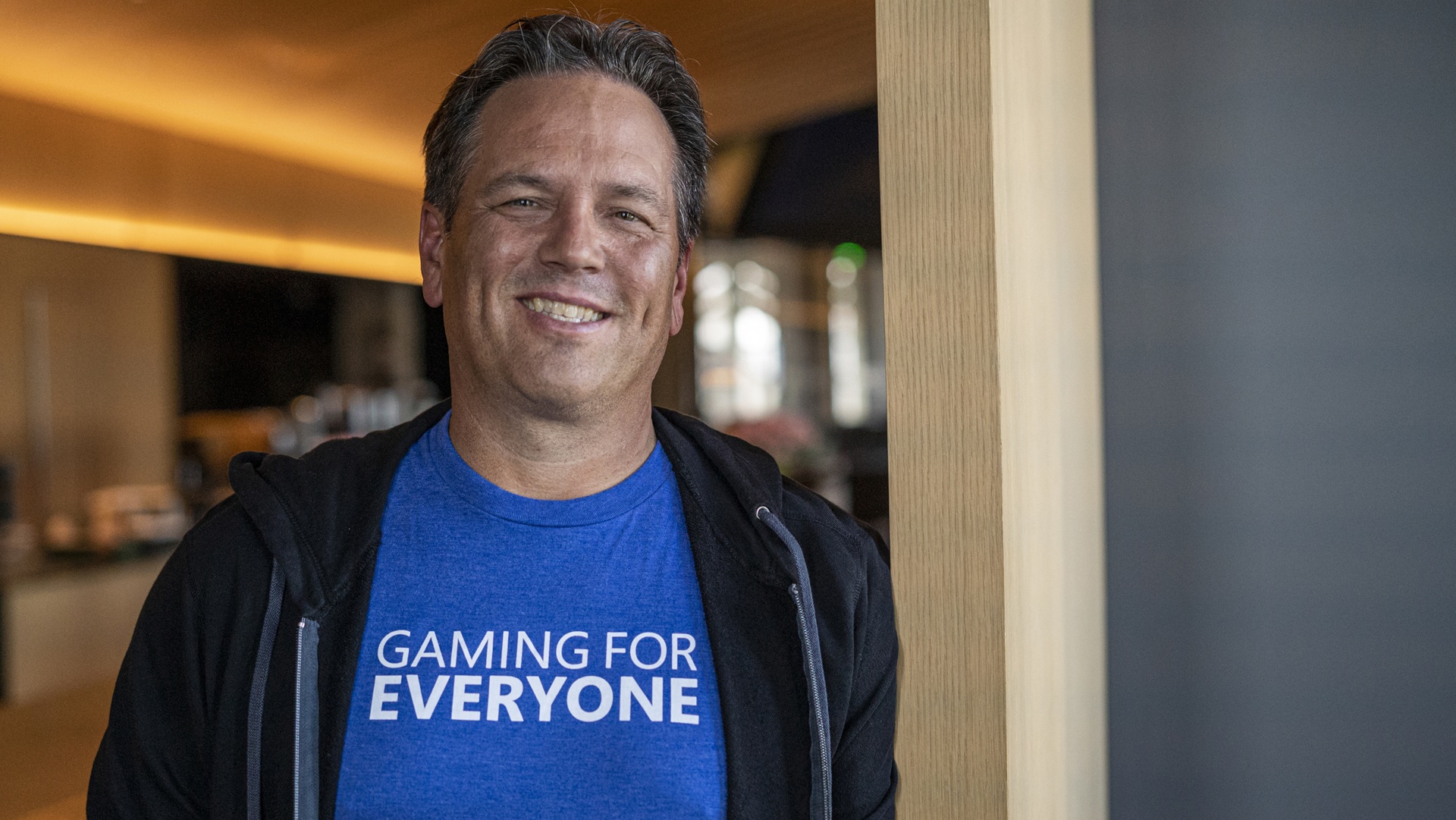Microsoft marches forward with its plan to put more ads in the Windows 11 Start menu
Presumably, complaints about the ads were duly noted and ignored.

What you need to know
- A new optional update for Windows 11 is available and full rollout of the update is scheduled for next month.
- The update includes several improvements, such as fixing pixelated widget icons.
- The update also adds advertisements to the Recommended section of the Start menu.
Windows 11 updates roll out near the start of each month, and you can grab them early as optional updates a couple of weeks ahead of the general rollout. The latest optional updates for Windows 11 version 22H2 and version 23H2 include several improvements, but they also bring with them a controversial addition. Starting with the next monthly update of Windows 11, the operating system will show ads within the Recommended section of the Start menu.
You can grab the update through Windows Update by searching for Optional updates or by using the Microsoft Update Catalog.
Microsoft began testing ads within the Recommended section of the Start menu earlier this month. The move was met with criticism from many, including myself. But Microsoft has decided to move forward with its plan to show recommended apps within the Start menu on Windows 11.
The recommended apps will come from a "small set of curated developers," according to Microsoft, so they should be quality applications. But frustration about the addition of ads in the Start menu generally focuses on the ads existing at all, not the quality of the apps.
While the addition of ads will likely garner the most attention, the update has several improvements. Widget icons in the taskbar will "no longer be pixelated or fuzzy." More animated icons also arrive with the update. Sticking with widgets, those on the lock screen will be more reliable when running the latest version of Windows 11.
Here are the highlights from the update, as listed by Microsoft:
- New! The Recommended section of the Start menu will show some Microsoft Store apps. These apps come from a small set of curated developers. This will help you to discover some of the great apps that are available. If you want to turn this off, go to Settings > Personalization > Start. Turn off the toggle for Show recommendations for tips, app promotions, and more.
- New! In the coming weeks, your most frequently used apps might appear in the Recommended section of the Start menu. This applies to apps that you have not already pinned to the Start menu or the taskbar.
- New! This update improves the Widgets icons on the taskbar. They are no longer pixelated or fuzzy. This update also starts the rollout of a larger set of animated icons.
- New! This update affects Widgets on the lock screen. They are more reliable and have improved quality. This update also supports more visuals and a more customized experience for you.
- This update affects the touch keyboard. It makes the Japanese 106 keyboard layout appear as expected when you sign in.
- This update addresses an issue that affects Settings. It stops responding when you dismiss a flyout menu.
Stopping the inevitable
At this point, it feels like beating a dead horse to complain about ads in Windows 11. Those at Microsoft are aware of the complaints but have not changed their plans. I know there are Microsoft employees who are unhappy with the push for advertisement in the operating system, but ads continue to roll out. Presumably, higher ups made the call that ads are a key part of the Windows 11 strategy despite complaints and pushback from users, enthusiasts, and Microsoft employees.
Get the Windows Central Newsletter
All the latest news, reviews, and guides for Windows and Xbox diehards.
Since today's change is just an optional rollout of the ads entering testing, I'll echo my thoughts when the advertisements first appeared:
"Microsoft shifted its business model regarding Windows years ago. The operating system is no longer just a way to access popular programs. It is a pathway to monetization through Microsoft services. The addition of app promotion creates another revenue stream for Microsoft through its operating system."

Sean Endicott is a tech journalist at Windows Central, specializing in Windows, Microsoft software, AI, and PCs. He's covered major launches, from Windows 10 and 11 to the rise of AI tools like ChatGPT. Sean's journey began with the Lumia 740, leading to strong ties with app developers. Outside writing, he coaches American football, utilizing Microsoft services to manage his team. He studied broadcast journalism at Nottingham Trent University and is active on X @SeanEndicott_ and Threads @sean_endicott_.
